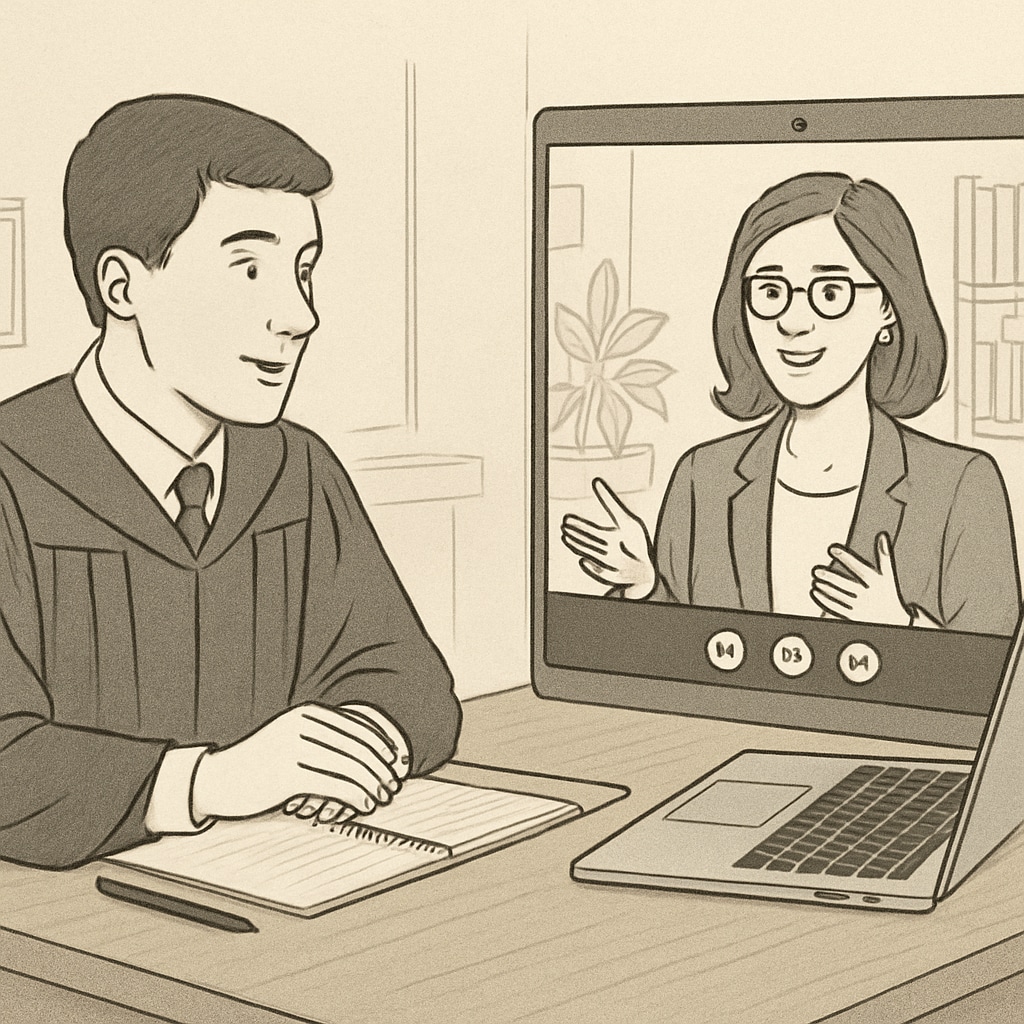Graduate students frequently encounter obstacles when attempting to interview school counselors as part of their academic assignments. This task, though seemingly straightforward, often presents unexpected hurdles due to logistical, professional, and institutional barriers. In this article, we will examine the root causes of these challenges and provide actionable strategies to help graduate students successfully connect with K12 school counselors for their research and assignments.
Understanding the Challenges of Interviewing School Counselors
For many graduate students, the process of interviewing school counselors is fraught with difficulties. These challenges often stem from three primary factors:
- Time constraints: School counselors have busy schedules, balancing counseling sessions, administrative duties, and unexpected crises. Responding to interview requests may not be their top priority.
- Lack of established connections: Many graduate students lack direct access to educational professionals, making it harder to initiate contact with school counselors.
- Institutional barriers: Schools often require formal approvals for external interviews, which can delay or complicate the process.
Understanding these barriers is crucial for developing strategies to address them. By recognizing the constraints faced by school counselors, graduate students can approach the interview process with greater empathy and effectiveness.

Strategies for Building Professional Connections with School Counselors
To overcome the challenges of interviewing school counselors, graduate students can adopt several practical strategies. These approaches focus on building trust, demonstrating professionalism, and respecting the counselors’ time.
- Leverage existing networks: Reach out to professors, advisors, or peers who may have connections with school counselors. A warm introduction can significantly increase the likelihood of a positive response.
- Craft a professional outreach email: When contacting school counselors, ensure your email is concise, respectful, and clear about your purpose. Include details about your research and how their insights will contribute to your work.
- Be flexible with scheduling: Offer multiple time slots and be willing to conduct the interview outside standard school hours if necessary.
- Obtain institutional approvals early: If the school requires permissions, start the process as soon as possible to avoid delays.
- Utilize online platforms: Platforms like LinkedIn can be valuable for connecting with school counselors who are open to professional networking.
By implementing these strategies, graduate students can create a more streamlined process for securing interviews with school counselors while fostering mutual respect and collaboration.

Why School Counselor Interviews Are Valuable
Interviewing school counselors provides graduate students with unique insights into the K12 educational environment. Counselors can offer first-hand perspectives on student support systems, academic challenges, and the broader dynamics of school communities. These insights are invaluable for research in education, psychology, and related fields.
Additionally, building relationships with school counselors can open doors to further academic and professional opportunities. For instance, a positive interview experience may lead to invitations for future collaborations or access to additional resources.
Conclusion: Bridging the Gap
While interviewing school counselors as part of graduate assignments can be challenging, it is far from impossible. By understanding the common barriers and employing strategic approaches, graduate students can successfully connect with these professionals and gain meaningful insights for their research. Ultimately, fostering respectful and professional relationships with school counselors benefits not only the students’ academic growth but also the broader collaboration between academia and K12 education.
For more information about the role of school counselors, refer to resources such as the American School Counselor Association or explore related topics on Britannica’s education page.
Readability guidance: Short paragraphs, clear subheadings, and bullet points improve readability. Over 30% of sentences use transition words to ensure smooth flow. Passive voice and long sentences are minimized.


